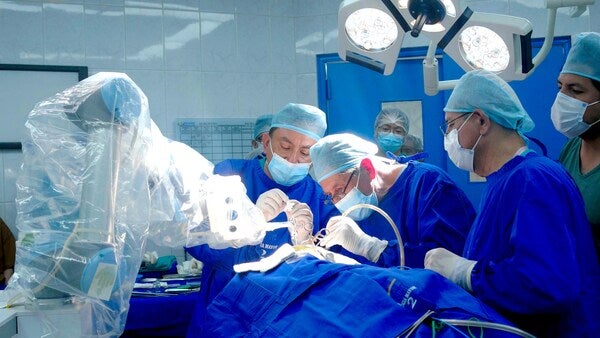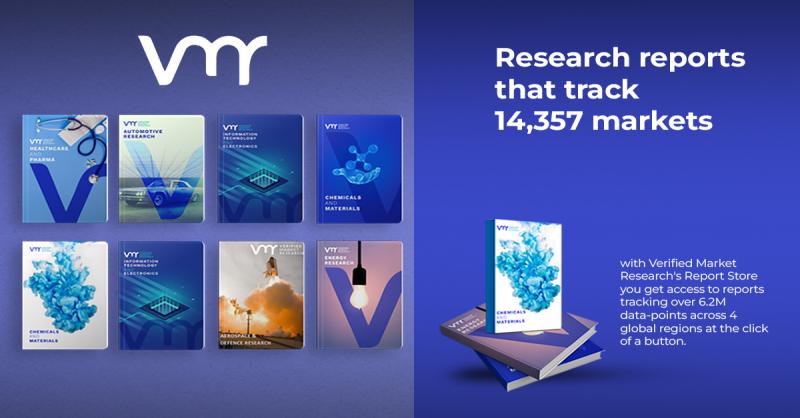Robotic Surgery Revolutionises Bolivian Neurosurgery

Two groundbreaking brain tumour biopsy surgeries have been performed in Bolivia using an autonomous surgical navigation robot, marking a significant milestone for the country's neurosurgical landscape.
The procedures, which took place on 5 November, employed the NaoTrac system, developed by Taiwanese surgical robotics company Brain Navi Biotechnology. The surgeries, led by Dr Mirko Mantilla, successfully extracted biopsy tissue with precision and safety, demonstrating the potential of this advanced technology to improve patient outcomes.
Dr Mantilla highlighted the transformative impact of NaoTrac, stating, "Having NaoTrac here is a game-changer. It will greatly enhance recovery and help countless patients in need."
The introduction of NaoTrac in Bolivia is part of a collaborative effort between Hospital Arcoiris and Brain Navi, aimed at expanding access to cutting-edge neurosurgical procedures. This initiative encompasses treatments for stroke, neuroendoscopy, deep brain stimulation, and stereotactic EEG.
The implementation of robotic solutions in neurosurgery addresses a critical shortage of medical professionals in Bolivia. The country currently has 12.7 physicians per 10,000 patients, a notable improvement since 2011 but still below the global average. This collaboration seeks to bridge the gap and ensure equitable access to advanced healthcare.
Hospital Arcoiris is committed to providing transformative healthcare solutions to underserved communities in Bolivia. The NaoTrac system will be made available at minimal or no cost, prioritising patients in need.
The successful procedures in Bolivia are a testament to NaoTrac's effectiveness, having already achieved over 100 successful procedures worldwide. The system leverages Surface Mapping Auto-Registration Technology (SMART), combining robotics, artificial intelligence (AI), and machine vision to generate real-time brain images for minimally invasive surgeries.
Nelson Farfan, Brain Navi's managing director for Latin America, expressed his confidence in the program's impact, stating, "After a challenging yet deeply rewarding process, I believe this programme will truly benefit the people of Bolivia. By embracing the latest advancements in precision medicine, we are giving Bolivians access to world-class medical care and the opportunity for healthier, brighter futures."
Robotics continue to revolutionise global healthcare standards, despite recent economic setbacks. GlobalData's 2023 report, "Robotics in Medical Devices Market," notes that the medical robotics industry, while impacted by economic headwinds, remains strong and is projected to grow significantly in the coming years. The surgical robotics market is expected to reach $15.8 billion by 2030, reflecting a compound annual growth rate of 8%.
This collaborative initiative in Bolivia marks a significant step towards bridging the gap in access to advanced neurosurgical care, offering hope for improved patient outcomes and a brighter future for healthcare in the region.





